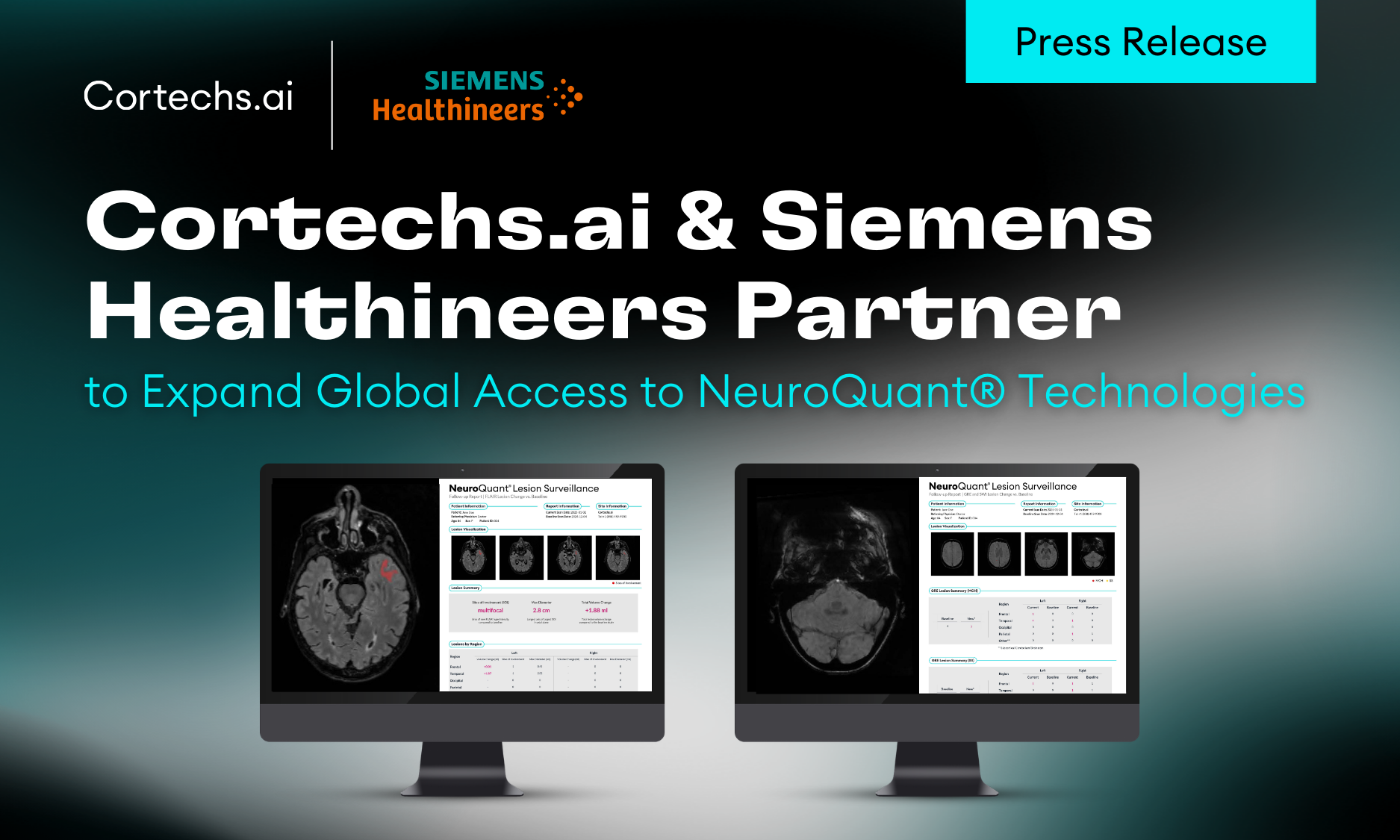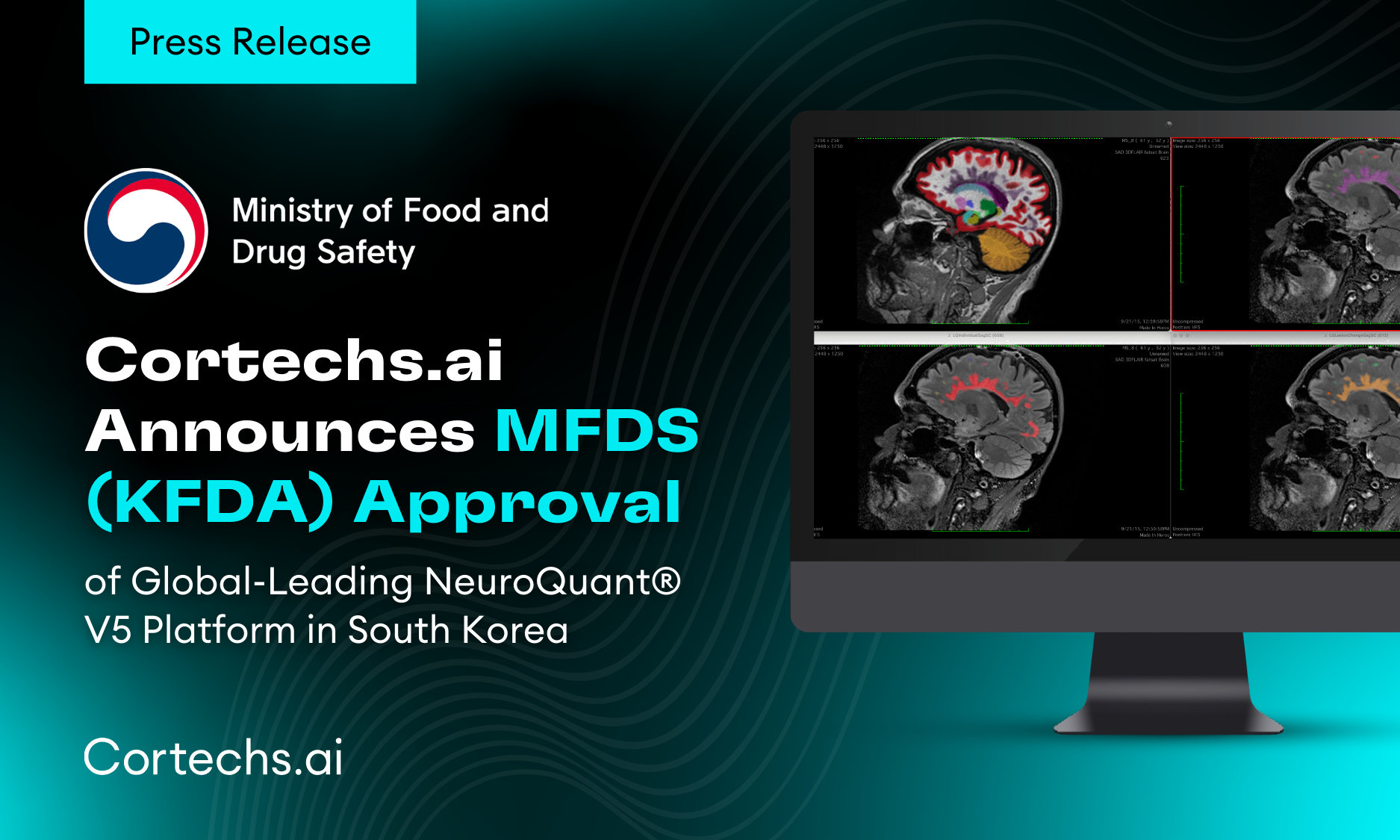AI-powered precision
to optimize patient care
Quantitative imaging insights for neurological and oncological disease
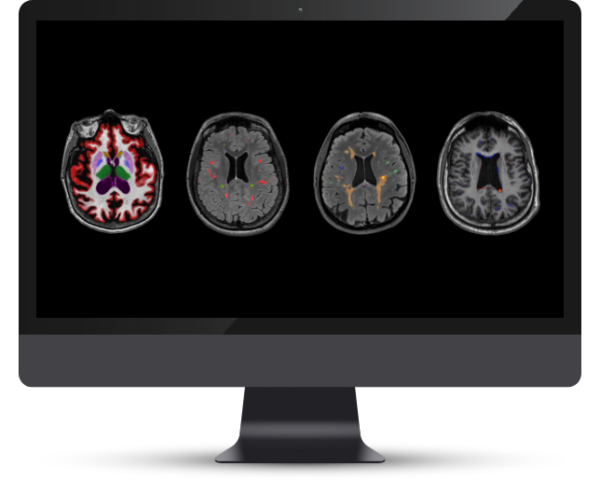
Our approach to enhanced diagnostics
Our solutions
Pre- and post-operative 3D volume analysis of brain tumors.
Automated tracer activity quantification
Automated CT alignment for fast, accurate diagnosis
Optimizing prostate MRI for advanced clinical insights.
2,000,000+ brains scanned
Trusted by 1500+ medical institutions
Available in 44 countries
“Adding NeuroQuant® to our clinics has led to earlier diagnoses of neurodegenerative diseases with increased diagnostic confidence.”

Dr. Pablo Coimbra
Fortaleza General Hospital

Dr. Sunil K. Ram
Neuroradiologist, Scottsdale Medical Imaging
“NeuroQuant® is the clinical gold standard for MRI brain volume measurement.”

Dr. David E. Ross
Director, Virginia Institute of Neuropsychiatry
“Utilizing NeuroQuant in my clinical practice has provided powerful information for patients undergoing assessment for dementia and related neurocognitive disorders, thereby leading to improved patient care and outcomes.”

Dr. Ana Franceschi
Associate Professor, Radiology, Neuro-PET Imaging
In the Spotlight
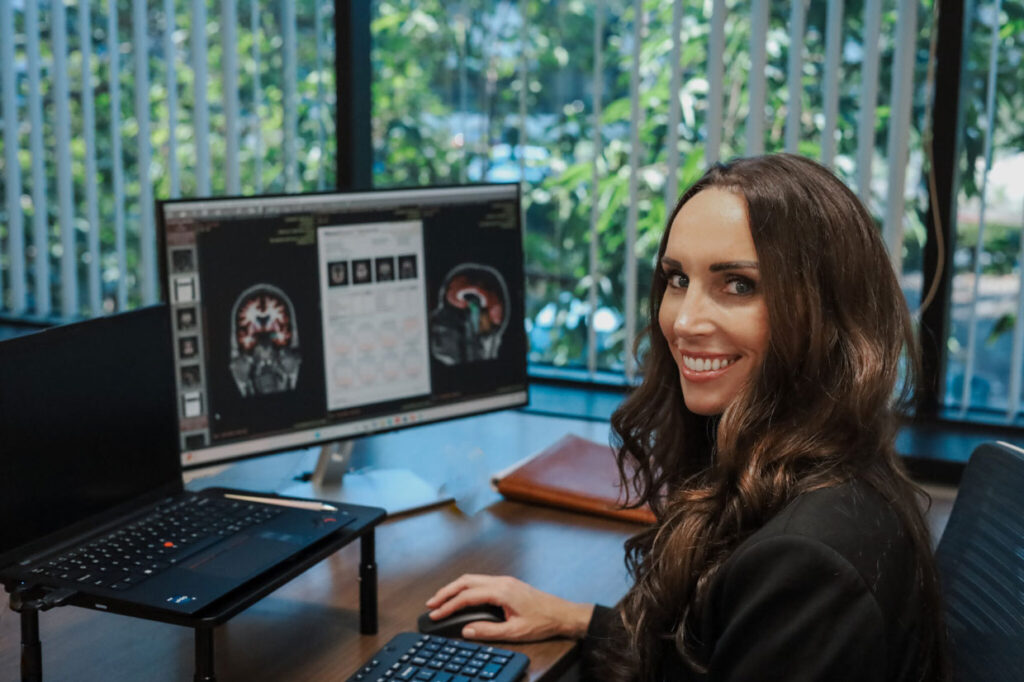
Understanding CPT Codes 0865T & 0866T
As of January 1, 2024, new Category III CPT codes (0865T, 0866T) are active for AI-assisted quantitative brain MRI analysis. These codes apply to a variety of vendor solutions, including Cortechs.ai, and serve as an essential step toward achieving permanent reimbursement.
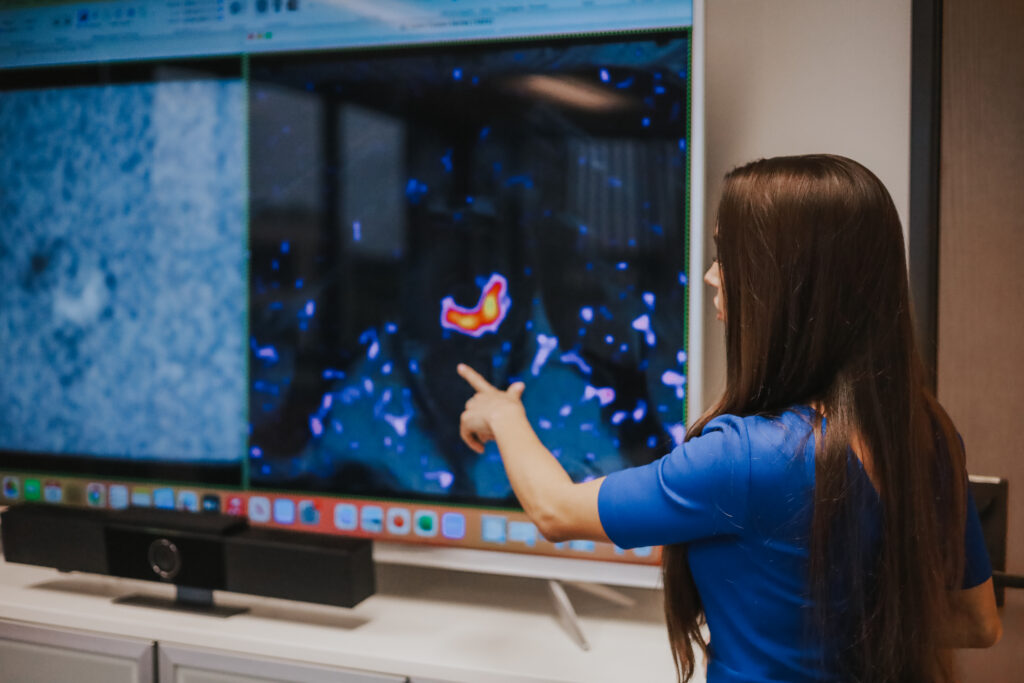
Understanding CPT Codes for Prostate MRI Analysis
Prostate MRI plays a critical role in detecting and evaluating prostate cancer, and the availability of Category I CPT codes ensures that providers can seek reimbursement for these essential imaging services.
Our customers
Simon Med

Our technology partners

AICPA SOC 2

Kryptonite Solutions

Getz Healthcare

GMP
